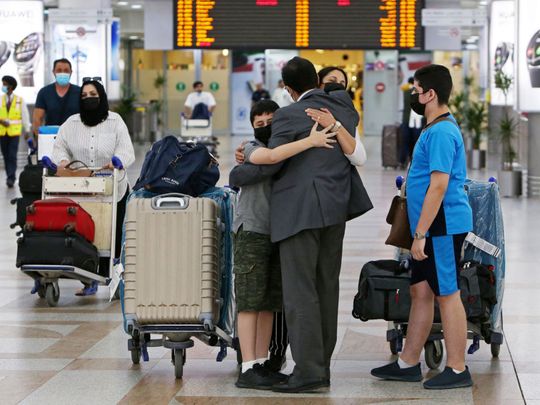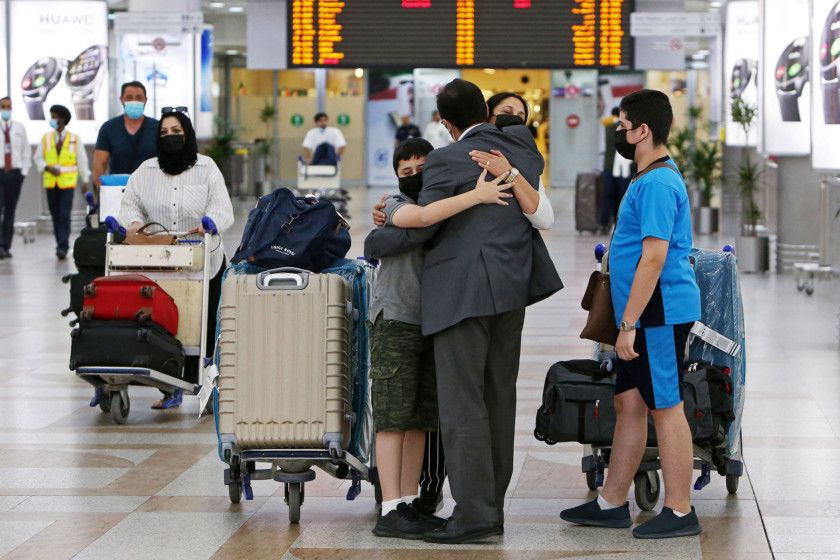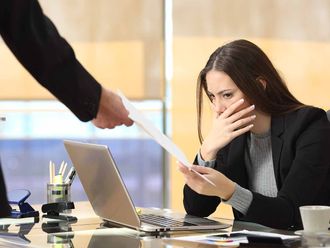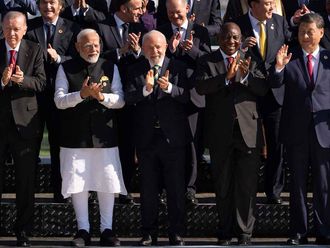
Kuwait City: After months of anticipation, the Minister of Education, Dr. Ali Al Mudhaf, has announced has that public schools will resume in person education on October 3, while private schools will be able to begin on September 27.
During a televised news conference late on Wednesday, Al Mudhaf explained that Arabic accredited schools will follow the plan of public schools. As for other foreign private schools, (American, British, Indian, Pakistani, French etc..) in order to meet the requirements of their accreditation they will be able begin the academic year before September 27, but it will need to be online.
As for teachers and administrative staff, those working in kindergarten, elementary and middle school will begin work on September 19, while those in high school will begin on September 26.
In terms of health procedures, all schools will be required to reduce the number of students in each class and impose some form of a hybrid model.
For public schools, Al Mudhaf pointed out that classes will be divided into two groups, with each one attending in person lessons one day, while the other group attends the next day. It is unclear if private schools will follow the same model, as each school will enforce their own plan.
Unvaccinated students above the age of 12 will need to present a negative PCR test every Sunday. The same rule applies to teachers and administrative staff who have not yet received a jab.
Parents and visitors also have to provide a negative PCR test conducted no more than 72 hours prior to their visit, in the case they are not vaccinated.
All classrooms will be designed to ensure that there is at least one-meter distance between all students throughout. Students, teachers and staff will be required to maintain social distancing and wear a mask at all times.
Al Mudhaf, however, did not refer to the fate of teachers still stranded outside of Kuwait.
There are around 2,000 teachers stranded outside the country, as they were not able to travel to Kuwait due to various reasons from travel restrictions and lockdowns to expired residency permits.
According to Hamad Al Matar, head of the education committee at parliament, around 60 per cent of private school teachers are stuck abroad.









